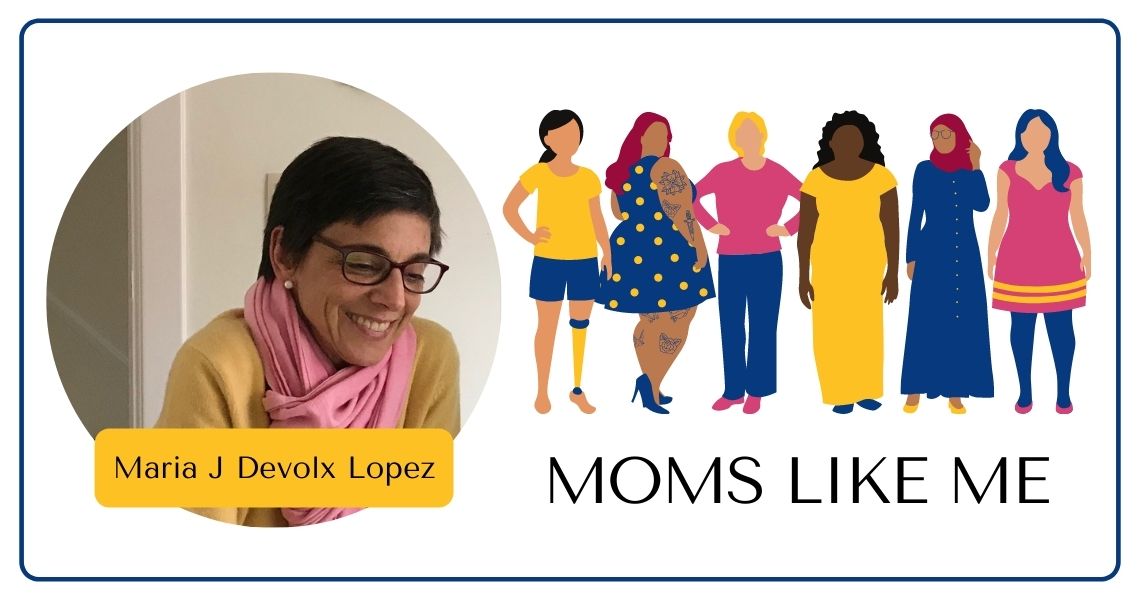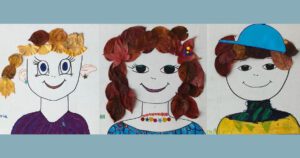I meet so many cool moms! This series gives them a chance to share their stories – to inspire others and to sometimes give us all a chuckle.
Parenting is not for cowards and parenting abroad can be next level. If you want to share your story, please get it touch with me. I’d love to feature you.
Maria is a fellow member of Expat Coach Coalition and the founder of “expat-repat-repeat”. She has lived in many countries, raised her children around the world and developed professionally along the way. She also taught me a new term, which I love and identify with: fauxpat. Keep reading to find out what this means 🙂
How did you get to where you are today?
Tell us a little bit about yourself and your family.
I am María, Spanish, married to a Belgian diplomat, mother of three TCKs.
I had already lived in a few countries for up to one year before, but I started my expatriation cycle in Caracas, Venezuela, back in 2003. I gave up my professional career in Spain to follow my husband and start a family. I did not give up the idea of having a job, if I felt it was compatible with my role as mom. The kind of mom I wanted to be.
Skipping ahead we are now in Belgium (my husband’s homeland). We have three children (12, 14, 16 years old) born on three different continents, raised in four different education systems in three different languages. We have lived in 4 countries, have been expats, repats and fauxpats (when you are posted “home”, but “home” is not your homeland, which is my current situation) several times. I was a stay-at-home mom for 8 years, then worked in education for 8 years and now, at 50, I am starting a new personal and professional adventure with my own coaching practice. Who would have thought!!
Looking back, these 18 years of expat life with my husband and children there have been ups and downs, adjustments, struggles, moments of loss of identity and questioning, but also lots of learning, discoveries, professional opportunities, personal growth and fulfilment.
What did you want to be “when you grow up”?
How is that different from today’s reality?
As a girl I had two “dreams”: one was to travel the world, speak different languages, meet foreigners, learn about their cultures, be independent and lead a good, interesting life with a very well-paid job. The other was settling somewhere and becoming a stay-at-home mom. That was the role models around me, what most grown-up women around me did.
I guess that my life today is a combination of both visions. Now that I think about it, I have managed to add most of the elements of both visions as a girl in my current life. Maybe not so much the well-paid job 😉. However, not having a high income does not mean that I don’t feel rewarded and valued.
What advice would you give your younger self?
Grow wise, quickly!! 😊 I’d advise her to be aware and intentional with her life. To be more introspective, feel what really matters to her, set goals accordingly, and take actions to achieve them. To be purposeful!
I would also encourage her not to be judgemental. To be curious, to wonder instead of jumping to conclusions or making strong statements. I would invite her to realize that she does not need to travel the world to find diversity, to learn from others. I would ask her to value everyone’s contribution to society, particularly at local levels.
What do you do for yourself? How do you make time to do it?
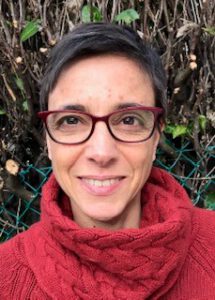 Only recently I decided to prioritize my “me” time to socialize (just me, not as a family), exercise, do things outdoors (anything that gets me out of the house), and enjoy leisure (reading, knitting, lego building, looking after my orchids…).
Only recently I decided to prioritize my “me” time to socialize (just me, not as a family), exercise, do things outdoors (anything that gets me out of the house), and enjoy leisure (reading, knitting, lego building, looking after my orchids…).
In the beginning I had to be explicit and intentional to value this time as much as any other activity I had to do for my children or husband. After a few months of intentionally allocating these “me” blocks in my schedule, it became more organic, part of my routine. Now I am more flexible and find it easy to respect this commitment to myself.
I tend to bundle up a couple of them so that I get more for myself in a limited time. For instance, on Wednesday mornings I walk with a friend which qualifies as “outdoors” (not exercise) and “social”. If my friend is not available for the walk, then it becomes “exercise” (no talking, no stopping to observe wild flowers, fast pace, sweating …) and sometimes I add “leisure” to it (audiobook listening), depending on my mood.
When and how did you realize you were raising TCKs/CCKs? What changed for you?
I first learned about this term 6 years ago. At first, I did not pay much attention to it and it didn’t chang anything for me. Two years later, we moved again and in our new environment I had the chance to dig deeper in this concept.
I was pleased to know and witness that my children are equipped to adapt to new environments. However, I grew concerned about the idea of identity. Ultimately, I hope they will develop a guilt-free cultural identity where a passport is just a traveling document, not a definition of who they are. That they don’t have to choose ONLY ONE culture, homeland, language, or soccer team to identify themselves with. (Thankfully Belgium and Spain have not faced each other in any major sport event lately. Phew! 😊)
When I realized the potential identity conflict they might develop, I stopped making “innocent” remarks that could make them feel pressured to identify with my culture or their father’s. Like “don’t forget to say that you are also Spanish” or “this is your Belgian side”. It is not for me to say what they are or they should be. Talking to my eldest daughter she said that she found it difficult to identify as Spanish. She has never lived there. Instead, when asked where she is from, she explains that her mom is Spanish, and that she can speak Spanish. That was an eye opener for me!
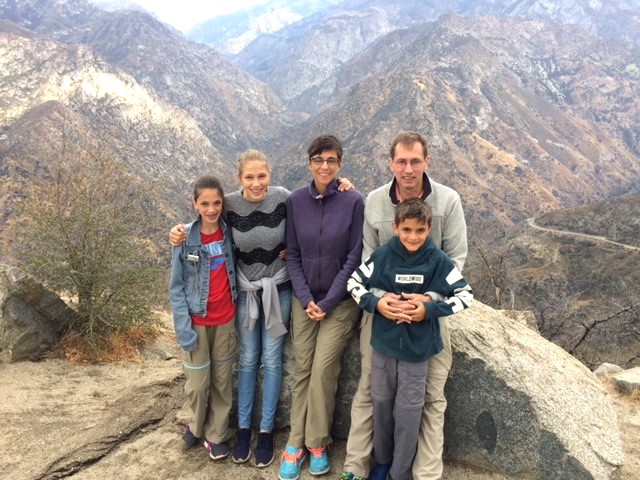
What’s the one thing you are thrilled your child will have or be by growing up as CCK?
I think that the ability to adapt to new environments and the open-mindedness are two things that excite me about TCKs. Sorry, I cannot pick only one!
Do you have a favorite food or drink from your time abroad that has become a family staple?
Unfortunately, we don’t share the same food taste, however, the memories associated to certain dishes, restaurants,… do bring us together.
For instance, Chick-fil-a (an Atlanta-based fast-food chicken burger chain present in some States in the US). We can argue if it’s the best US food, as my children claim, but we all connect this food with amazing road trips together while we lived in the US. Going there together was one of the moments our children looked forward to during our trips. Not only because they enjoyed the food, but also because we would share it and enjoy it.
What does no one ask you about but you’d love to talk about? Now’s your chance:
As a fauxpat, someone who returns “home” to a country that is not his/her homeland, I feel that not many people realize the challenges inherent to this situation.
Being a fauxpat is like being in limbo: you are neither… nor…: neither a local, nor completely a foreigner. You are neither alone, but your own family and friends are not around you. You are neither unfamiliar to the local culture, nor is it completely yours…. You neither belong to the expat community, nor have your own community…
So this is a shoutout to all the fauxpats out there. Most likely your challenges are invisible to others. Most people around you assume you are doing well because, you are “home”. But things are not as easy as they may seem. It leads to frustration and isolation but you are not alone!
Personally, I recall my first transition from expat to fauxpat as one of the most challenging transitions in my expat life. But a great learning experience too!
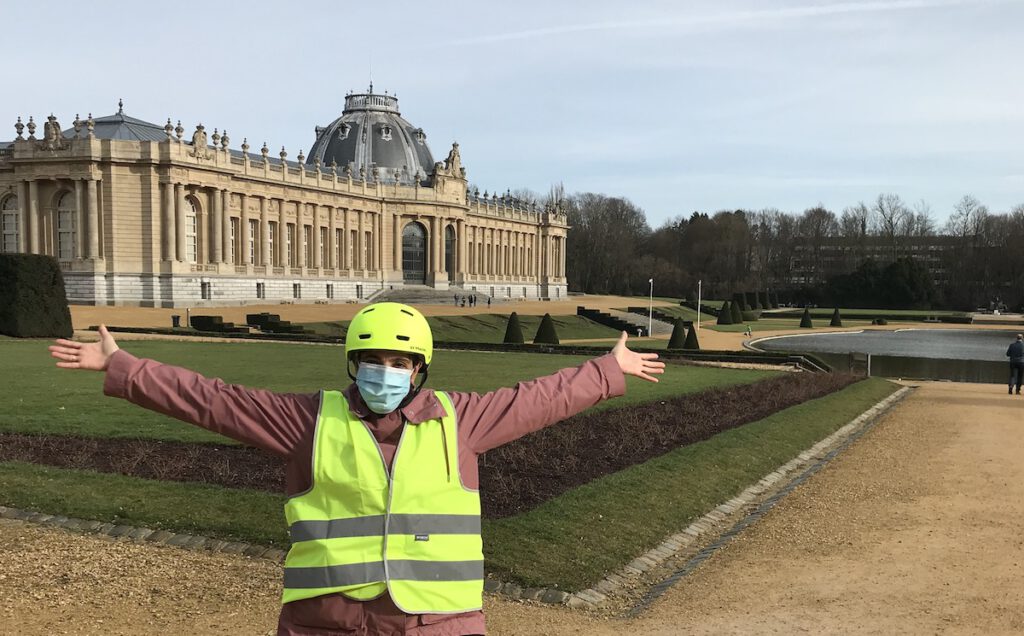
Where to find Maria:
Her website: www.expat-repat-repeat.com
On LinkedIn

